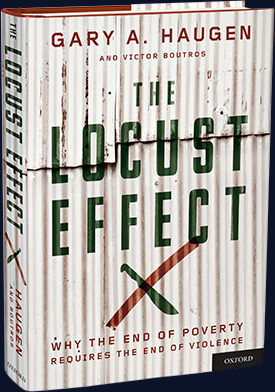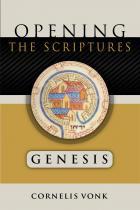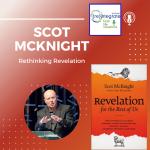Over at the Kern Pastors Network blog and here on Patheos, Greg Forster uses The Locust Effect – Gary Haugen’s new book on violence, poverty, and human trafficking – as a springboard for discussing the reach and interconnectedness of various Christian commitments.
“The moral commitments that mobilize evangelicals to fight human trafficking have much broader application,” he writes, “and point to the possibility of a larger Christian vision for the public square.”
Yet, for whatever reason, we continue to stall when it comes to expanding, integrating, and applying things in this direction:
These days, trafficking is the only public issue evangelical leaders are comfortable identifying as a gospel imperative. As a result, our people are highly mobilized and accomplishing a lot. On every other public issue, however, we’re paralyzed by endless debates. There are no shared commitments, nothing we’re allowed to agree on; there is only division between the Right and the Left. So we produce a lot of heated rhetoric, and nothing gets done…
…This perpetual division over everything has to change if the gospel is going to speak to the culture, if Christians are going to have an impact in the public square, and if local churches are going to be forces for flourishing in their communities. The human trafficking issue proves there is a way out of this dilemma, because it shows that we do have shared moral commitments. “The Locust Effect” is a good example of how to apply those commitments beyond just trafficking. The Kern Pastors Network, the Oikonomia Network, and others who are working to integrate faith, work, and economics can carry these principles even further.
Forster proceeds accordingly, applying such commitments to the realms of work and economics.
“Bringing justice, dignity, and flourishing to a culture starts with upholding the equal dignity of all human beings,” he writes, which implies plenty for how we orient our approach to economic engagement. “One thing this requires is that everyone’s rights of work, property, and exchange are equally protected,” which leads us to “a much broader set of public questions.”
Examining the life and contributions of Josiah Wedgwood, the 18th-century businessman and abolitionist, Forster teases out some of these questions, eventually concluding:
If the church is against slavery, it must be for freedom – not anarchy or libertarianism, but “institutions that recognize the fundamental dignity and worth of all people,” in [P.J.] Hill’s fine phrase. If the church is not in favor of that, then in the long run, it’s not really opposed to slavery. When the faith and work movement says that all people are made to be stewards of the world, this implies we need a social order that treats all people as stewards – stewards of their own lives, stewards of their relationships with one another, stewards of the shared concerns of their civil communities, and stewards of the whole world, through the vast, global web of communication and exchange.
Over and over again the Israelites were reminded: “The Lord has brought you out with a mighty hand and redeemed you from the house of slavery” (Deuteronomy 7:8). Let’s follow his example and work for a social order that upholds the equal dignity of all people.
From the Acton PowerBlog.












